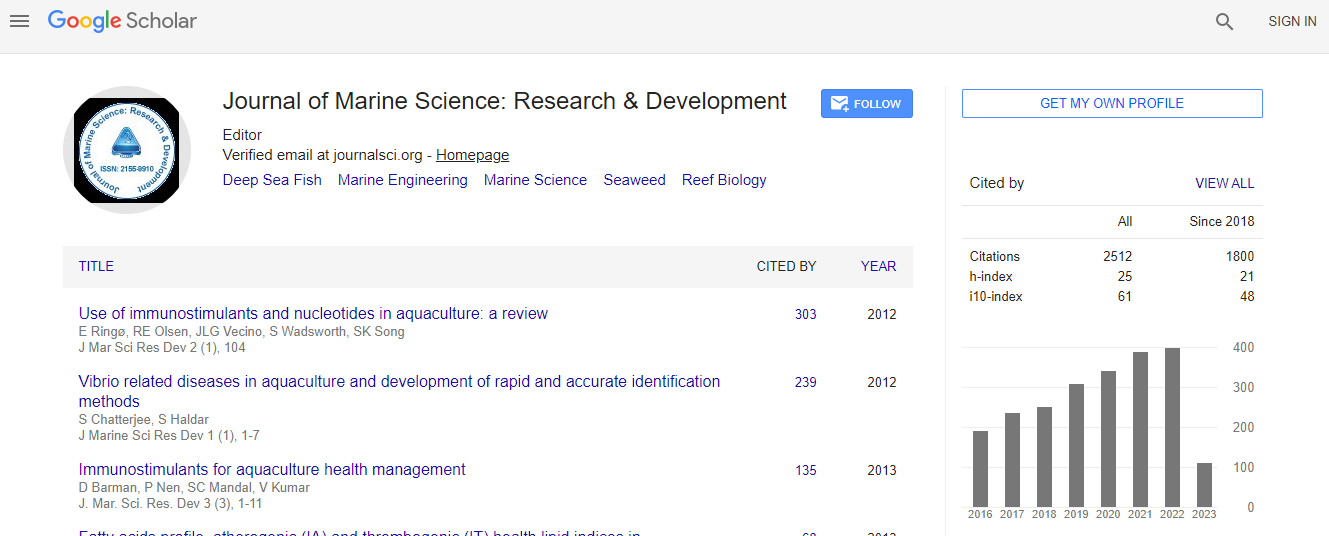Research Article
Screening of Antimicrobial Activity of Sponges Extract from Pasir Putih, East Java (Indonesia)
Yatnita Parama Cita1, Farid Kamal Muzaki2, Ocky Karna Radjasa3 and Pratiwi Sudarmono4*1Graduated student (Doctor degree) Biomedical Sciences, University of Indonesia, Jl. Salemba Raya no 6, Jakarta, Indonesia
2Department of Marine Science, Diponegoro University, Semarang, Indonesia
3Department of Marine Science, Diponegoro University, Semarang 50275, Indonesia
4Department of Microbiology, University of Indonesia, Jl. Salemba Raya no 6, Jakarta, Indonesia
- Corresponding Author:
- Pratiwi Sudarmon
Department of Microbiology
Faculty of Medicine University of Indonesia
Jl. Salemba Raya no 6, Jakarta, Indonesia
Tel: +62-21-3160491
Fax: +62-21-3100810
E-mail: pratiwis@cbn.net.id
Received Date: May 26, 2017; Accepted Date: September 11, 2017; Published Date: September 14, 2017
Citation: Cita YP, Muzaki FK, Radjasa OK,Sudarmono P (2017) Screening of Antimicrobial Activity of Sponges Extract from Pasir Putih, East Java (Indonesia). J Marine Sci Res Dev 7:237. doi:10.4172/2155-9910.1000237
Copyright: © 2017 Cita YP, et al. This is an open-access article distributed under the terms of the Creative Commons Attribution License, which permits unrestricted use, distribution, and reproduction in any medium, provided the original author and source are credited.
Abstract
The emergence of new infectious diseases, the resurgence of several infections that appeared to have been controlled, and the increase in bacterial resistance have created the necessity for studies directed towards the development of new antimicrobials; considering the failure to acquire new molecules with antimicrobial properties from marine sponges. The objective of this study was to evaluate screening of antimicrobial activity of seven sponges extract from Pasir Putih, East Java against some Gram-positive bacteria (Staphylococcus aureus and Bacillus subtilis) and Gram negative (Escherichia coli and Klebsiella pneumoniae) as well as drug-resistant bacteria (S. aureus and Pseudomonas aeruginosae) using the agar diffusion method and phytochemical screening of the extract. The findings show that the extract, Xestospongia testudinaria has a stronger antibacterial activity against bacterial pathogens S. aureus, E.coli, K. pneumoniae, Salmonella typhi and bacteria resistant P. aeruginosa MDR and S. aureus MRSA compared to other sponge extract. In conclusion, the showed X. testudinaria ethanol extract was more active than other sponge extracts.

